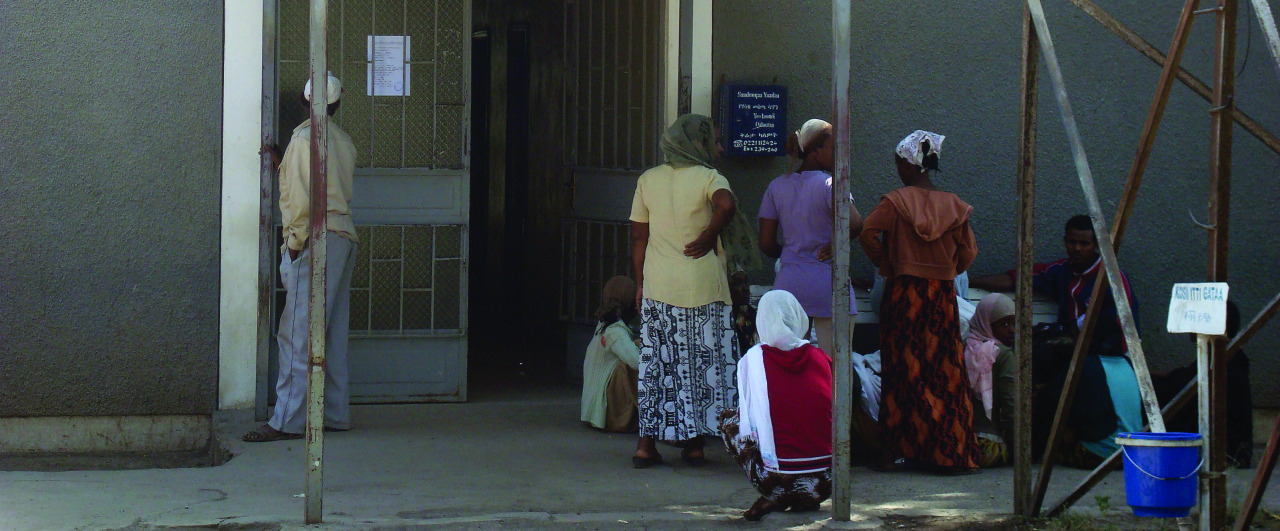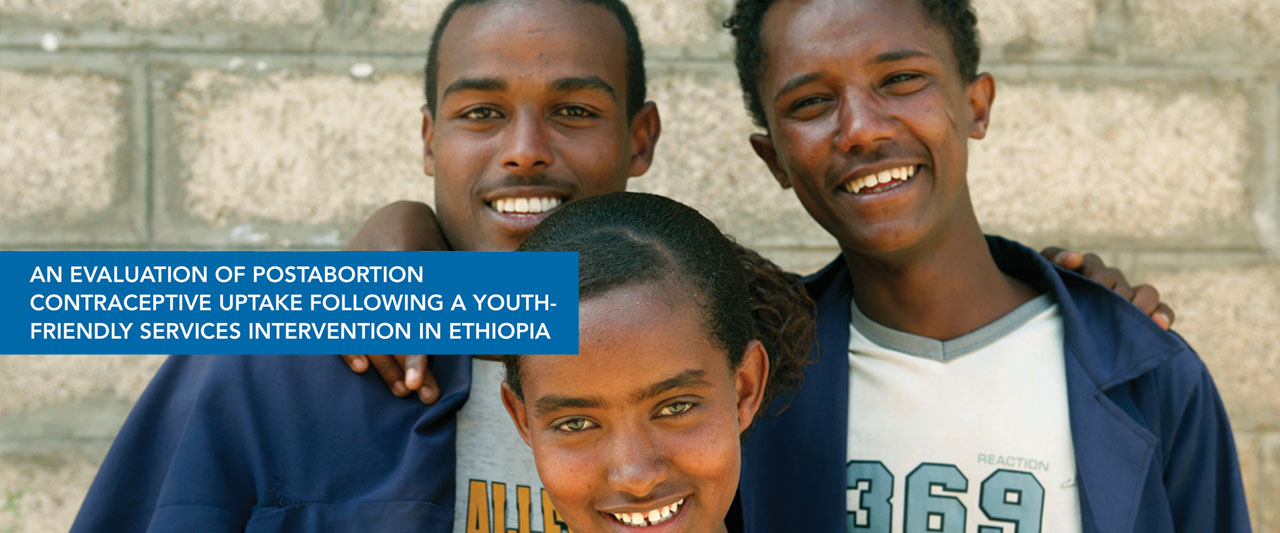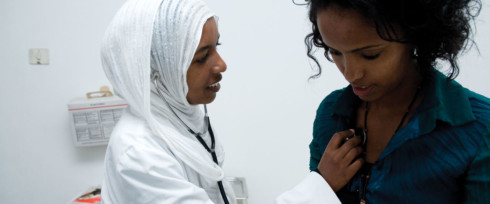After liberalizing Ethiopia’s abortion law in 2005, the government implemented programs to train health-care providers, equip facilities and expand the services they offer—and integrate abortion care into broader reproductive health services. These efforts have resulted in significant improvements in women’s ability to access safe abortion. However, many abortions continue to occur outside health facilities, often under unsafe conditions.
Working closely with the Ministry of Health and other partners, Ipas Ethiopia has become a regional leader in establishing safe abortion services and creating reproductive health networks that connect women with care. Programs include training safe abortion providers and supporting health clinics with necessary supplies, supporting university students who serve as peer educators on sexual and reproductive health, and working to educate communities on how and where to access contraception and safe abortion. Since 2010—when a study of abortion complications in Ethiopia showed a high percentage of deaths from unsafe abortion among women in the second trimester of pregnancy—Ipas Ethiopia has also worked with the Ministry of Health to introduce medical abortion services for women at or after 13 weeks pregnancy into all major states and regions of the country.
Impact in 2024
people received abortion at Ipas-supported facilities
people received contraceptive services at Ipas-supported facilities
abortion access points supported

Partnering with government and community groups during civil war
Ipas Ethiopia in the news
FALLING LIKE LEAVES: The war in Ethiopia and its crimes against civilians (Harper’s Magazine)




